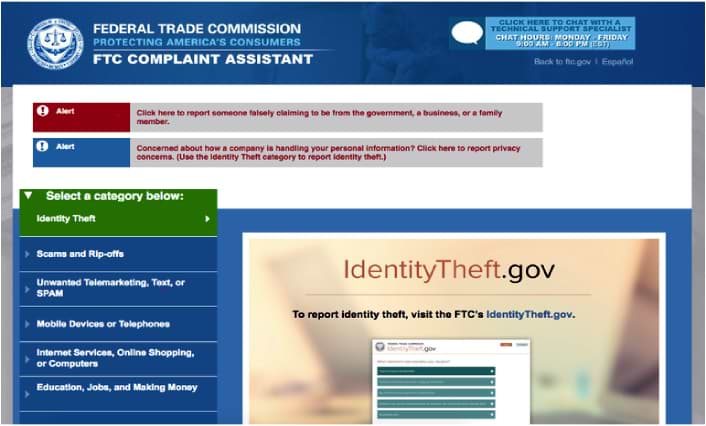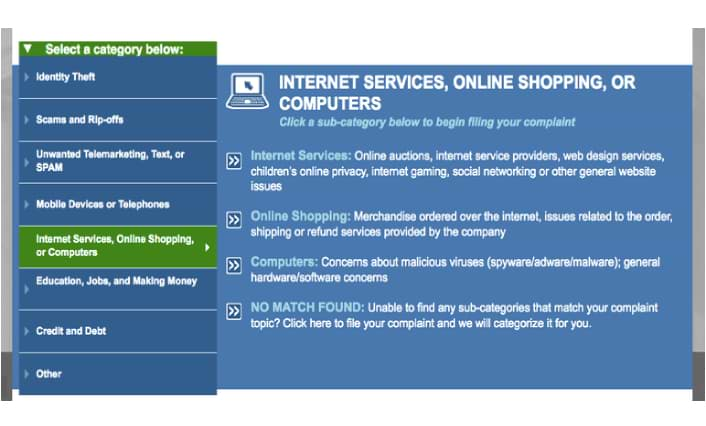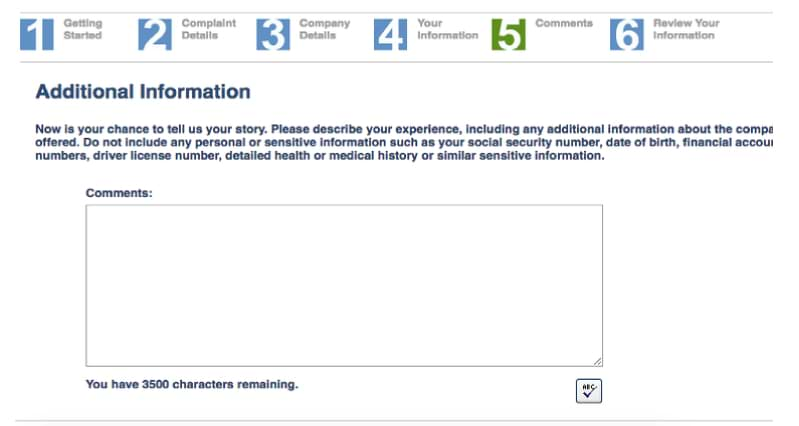In a rush? Here's a quick overview of the steps you can follow to inform the FTC about cryptojacking:
The US Federal Trade Commission is keen to know whether you've fallen victim to a malicious site that uses your PC to mine digital currency. Here's the way by which you can inform them.
- Go to the official website of FTC to file a complaint.
- Scroll down and search for the complaint categories. Here, select Internet Services, Online Shopping, or Computers.
- On the page that shows up tap on the third choice, Computers.
- Fill in the relevant information and click on submit.

Get peace of mind! Get rid of malicious programs instantly
Free Checkup & fix for your PC! Get rid of malicious programs instantly!
One of the quickest developing patterns in cybercrime is cryptojacking, which includes a malicious site utilizing a script to use your PC's processor to mine digital currency that the site's controllers/owner profit from.
It's sneaky, it can damage hardware, and in many cases, you may not even know you've been hit with an attack. Not all cryptomining on websites is malicious—some sites will even ask your permission to mine on your hardware in exchange for eliminating advertisements.
When somebody does it without informing you that's an entirely different story, and it's one the US Federal Trade Commission (FTC) is keen to know about. "While the scammer cashes out, your device may consume more battery power, slow down, or crash," The FTC said.
How to file an FTC cryptojacking complaint
The procedure for submitting an FTC complaint about cryptojacking can look complicated at first, but don't stress: It's very straightforward.
Proceed to "www.ftc.gov/complaint". Here you will see a list of categories. Tap on Internet Services, Online Shopping, or Computers (Image 1).

Another screen will appear to the right of the categories menu. Pick the third choice, Computers (Image 2).

Here you will be guided to FTC Complaint Assistant (image 3), and this is the place where things start looking overpowering. The six steps are shown at the top each of which contains information that you may not know, like insights about the organizations whose website you viewed. Try not to stress— you just need to fill in the parts that are appropriate to you. Look at all the six steps make sure you're including every applicable detail, however, if you have to leave something blank it's alright.

Are you worried about your PC health?
Check your PC Health for Free!
Tips to Prevent virus and malware from Infecting Your System:
- Enable your popup blocker: Pop-ups and ads on the websites are the most adoptable tactic used by cybercriminals or developers with the core intention to spread malicious programs.
So, avoid clicking uncertain sites, software offers, pop-ups etc. and Install a powerful ad- blocker for Chrome, Mozilla, and IE
- Keep your Windows Updated: To avoid such infections, we recommend that you should always keep your system updated through automatic windows update.By doing this you can keep your device free from virus.According to the survey, outdated/older versions of Windows operating system are an easy target.
- Third-party installation: Try to avoid freeware download websites as they usually install bundled of software with any installer or stub file.
- Regular Backup: Regular and periodical backup helps you to keep your data safe in case the system is infected by any kind of virus or any other infection.Thus always backup important files regularly on a cloud drive or an external hard drive.
- Always have an Anti-Virus: Precaution is better than cure. We recommend that you install an antivirus like ITL Total Security or a good Malware Removal Tool like Download Virus RemovalTool
Source
FTC official website: www.ftc.gov/complaint
